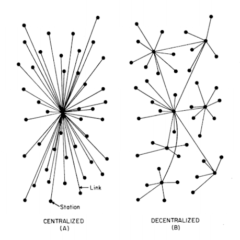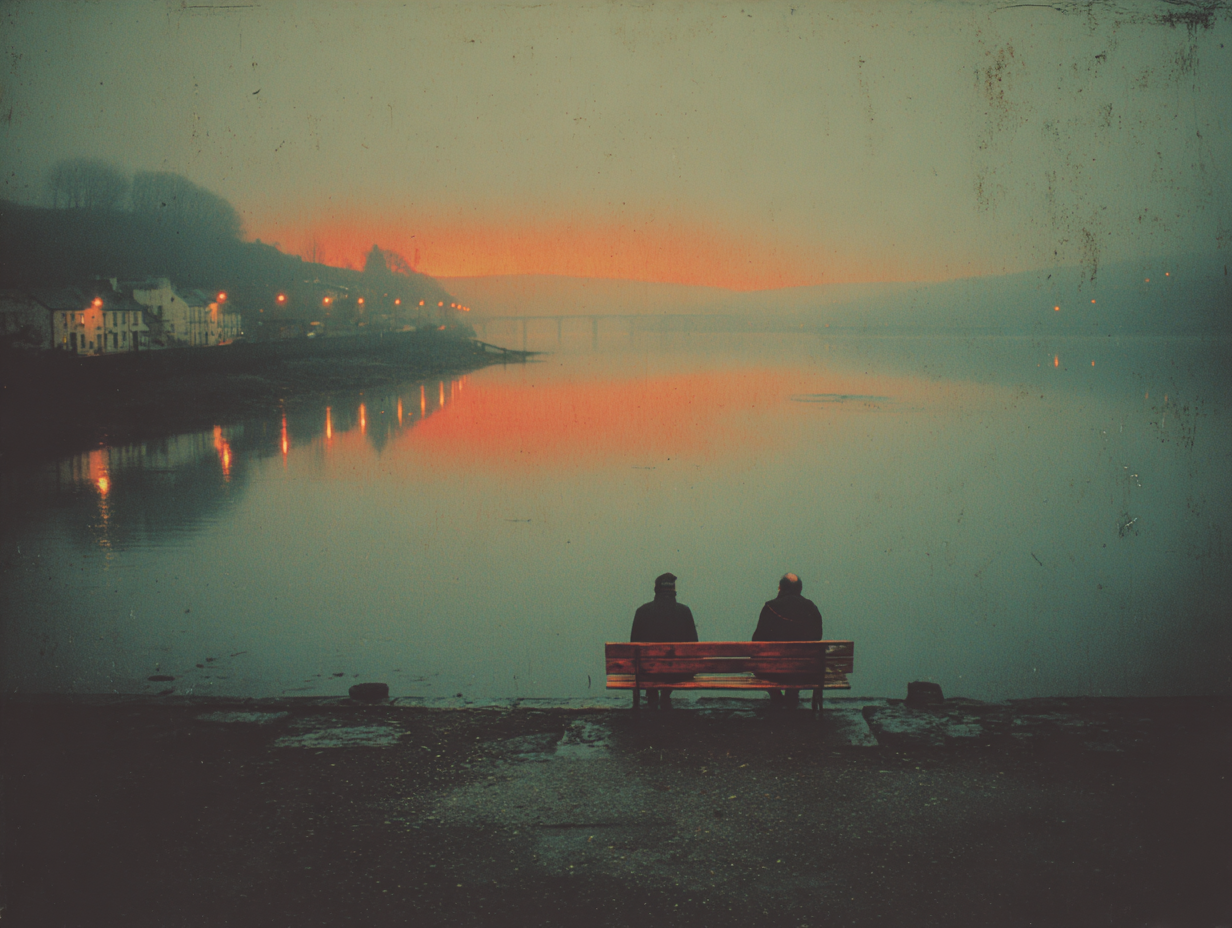Preface: This is a piece I wrote for The Museum of Intimacy some time ago. The curator was collecting entries from travelling strangers. I was glad to write something philosophical.
Intimacy is beautiful, dangerous, seductive. It masquerades as warmth and comfort but it can be anything but that. It can draw us into the sweeping tides of pain and suffering with a touch so deft that we can hardly remember how we got here. But without it, those living, breathing, thinking things we call humans are nothing.
Intimacy starts as a prerequisite, not a choice. For most, we are intimate from birth, with our mothers. If we are lucky, our fathers. As we learn and grow we put up barriers, fabricate distance, in order to define ourselves and flesh out our identity. The journey we make from wholly porous beings, absorbing everything in our environment osmotically, into selective ones, is a necessary one. But some overshoot, and some undershoot.
Intimacy ends with memory. We are remembered by our descendants and our dearest friends. We exist as flashes of inspiration and intrigue in the minds of our acquaintances. Our legacy reaches out beyond the grave only through the carefully woven cloth of intimacies that certain indigenous interpret as the continued vitality of the soul. For the more cynical, it is only a shadow.
But we might think of all intimacies as shadows too. We can never know one another, not in the truest sense in which we so often colloquially mean. A person may change after ten, twenty, fifty years, without warning or expectation. Or they may never change, and present the greatest mystery of all.
The constellation of light and dark that our intimacies leave within us provide the uneven foundations for our being. With objects, too, we can be intimate. Environments are not spared either. Like people, they are not static. Home can be the sweet smell of jasmine rice, home can be the sound of the door unlocking and the chain tumbling to hit the latch after midnight. We know who it is because we can be intimate with the traces and footsteps that the agglomeration of human presences leaves around us.

But most of all, intimacy is ill-defined. We search for it in vain in porn, in packaged experiences, in the fantastical imaginations that we blissfully, unknowingly live in. We strive to find it in pre-established structures, hoping that the next life step will effervescently bring us closer to ourselves. In the mirrors we hold up to our psyche, we sometimes see the distorted reflections of unpleasantness that are too quickly forgotten. A lie of intimacy is more comfortable.
The end goal of intimacy is to build. To build and build until we reach skyscrapers, mega cities, bridges across the deep ravines we see all around us. The sight of the trees and the hawks is painful. But back into the jungle we must go. If we stay too long in the metropoli we construct, we will remain stagnant, at peace in the quiet cool breeze of an air-conditioned, white-washed apartment.
We must let go of intimacy. We must hold it back. We must know when the creature comforts it provides have started to gnaw at the very bedrock on which our desires and purpose are built. We must be bravely strangers, so we can be intimate again. So that we can build a new city, somewhere else, until the time comes to leave once more.
And sometimes we wonder, how many chances at intimacy we get. We might build cities so big that we might ultimately forget what the outside world is like. But that is a risk we have to take. If we cannot be beautiful, dangerous, seductive – well then we might as well not be at all.

